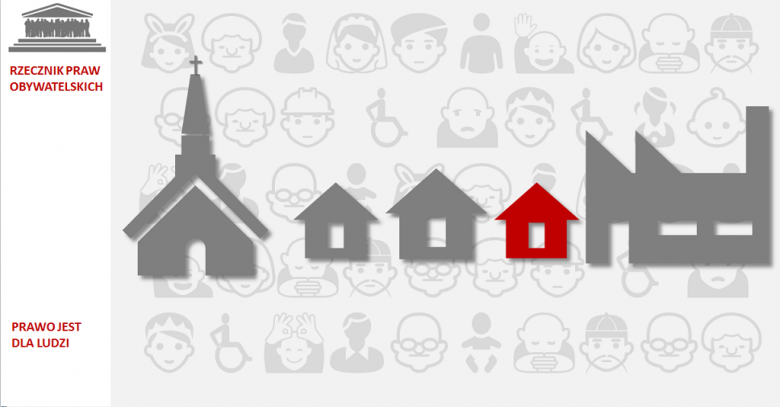Problem of so-called Warsaw land, and the appointment of the special Verification Commission
Legal problems presented above surely facilitated abuse, especially in those cases where land that could be reclaimed was hugely valuable. Media reported cases of extorting rulings by means of fictitious documents or instances of the so called "tenement houses purgers" tormenting tenants living in returned council buildings in order to force them to move so that subsequently renovated apartments could be rented on commercial principles. In order to fight with such instances of abuse in 201 a special Verification Commission was established. It was a body appointed by the Sejm according to a political key and performing the function of an administrative institution equipped with special competencies and ruling, in many cases, following the principles of equity. The Commission may, for example, repeal legally binding decisions concerning the restitution of buildings to their pre-war owners if it establishes irregularities, for instance, in the process of granting such a decision from many years back. Decisions can also be repealed if the Commission determines that a private owner acted in breach of the law already after the reclamation of a building or even when such actions were taken by entities that became subsequent owners of a given property.
Controversies surrounding the appointment of the Commission as well as its operation were discussed in interventions of the Commissioner for Human Rights addressed, among others, at the President of the Republic of Poland. In a separate intervention the Commissioner brought to the attention of the Commission’s President the need to maintain constitutional and convention-related standards for interrogating people summoned for Commission's hearings. The Commissioner also asked him to clarify how that body applied some legal provisions (the act comprises a number of the so called general clauses and evaluative, not clearly defined concepts whose unambiguous interpretation is required to respect the rights of participants of such procedures).





